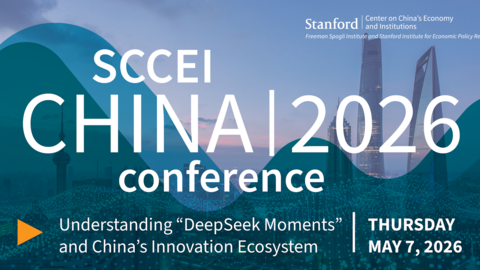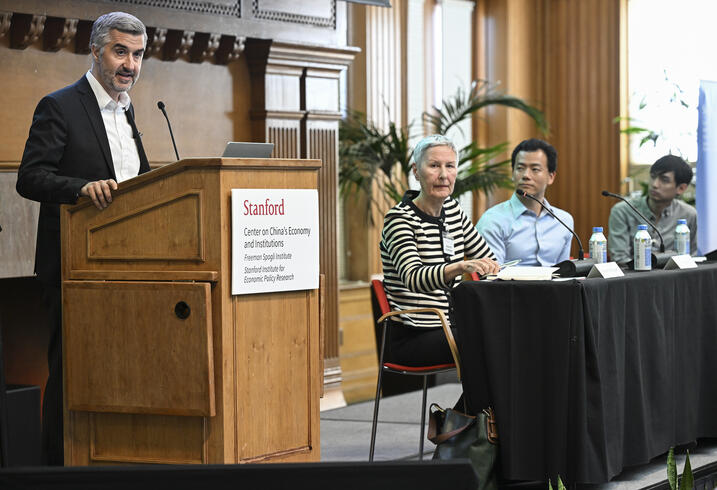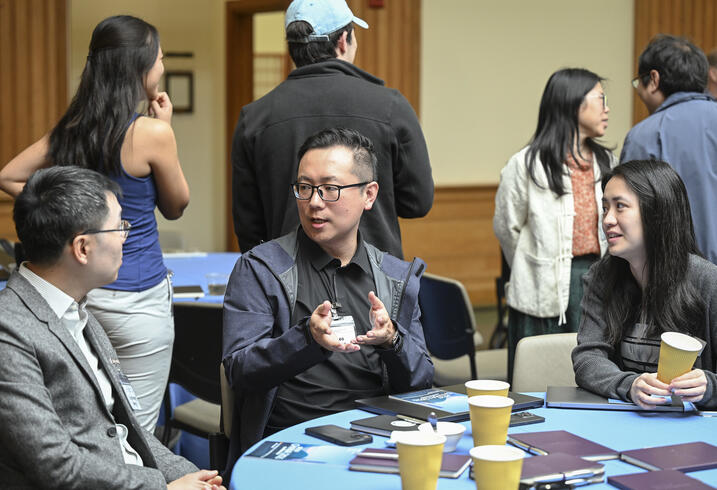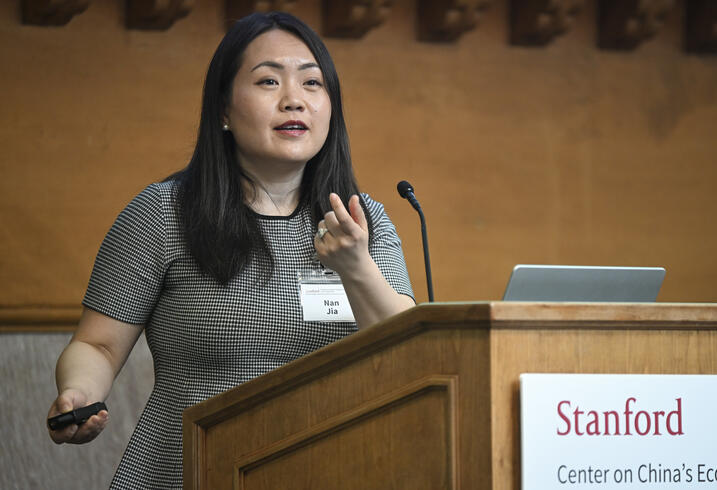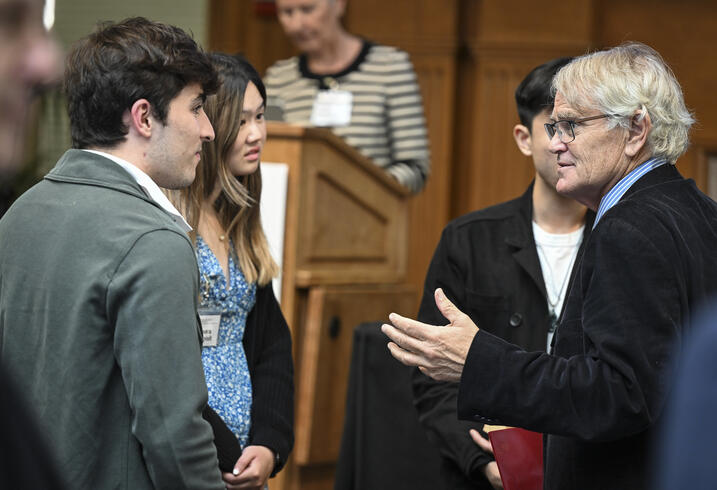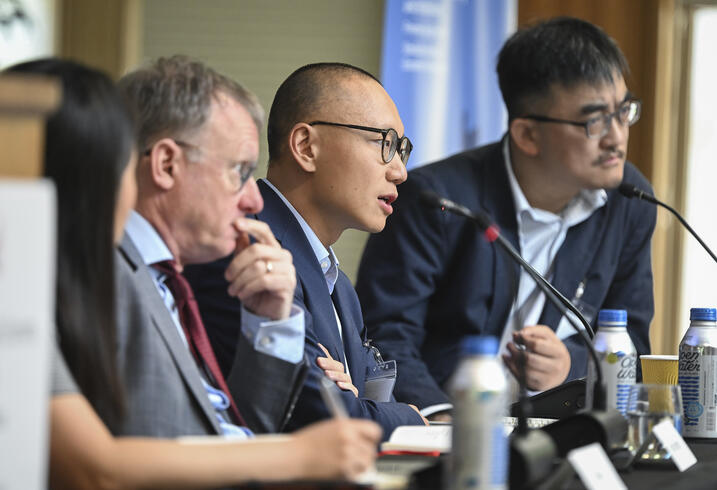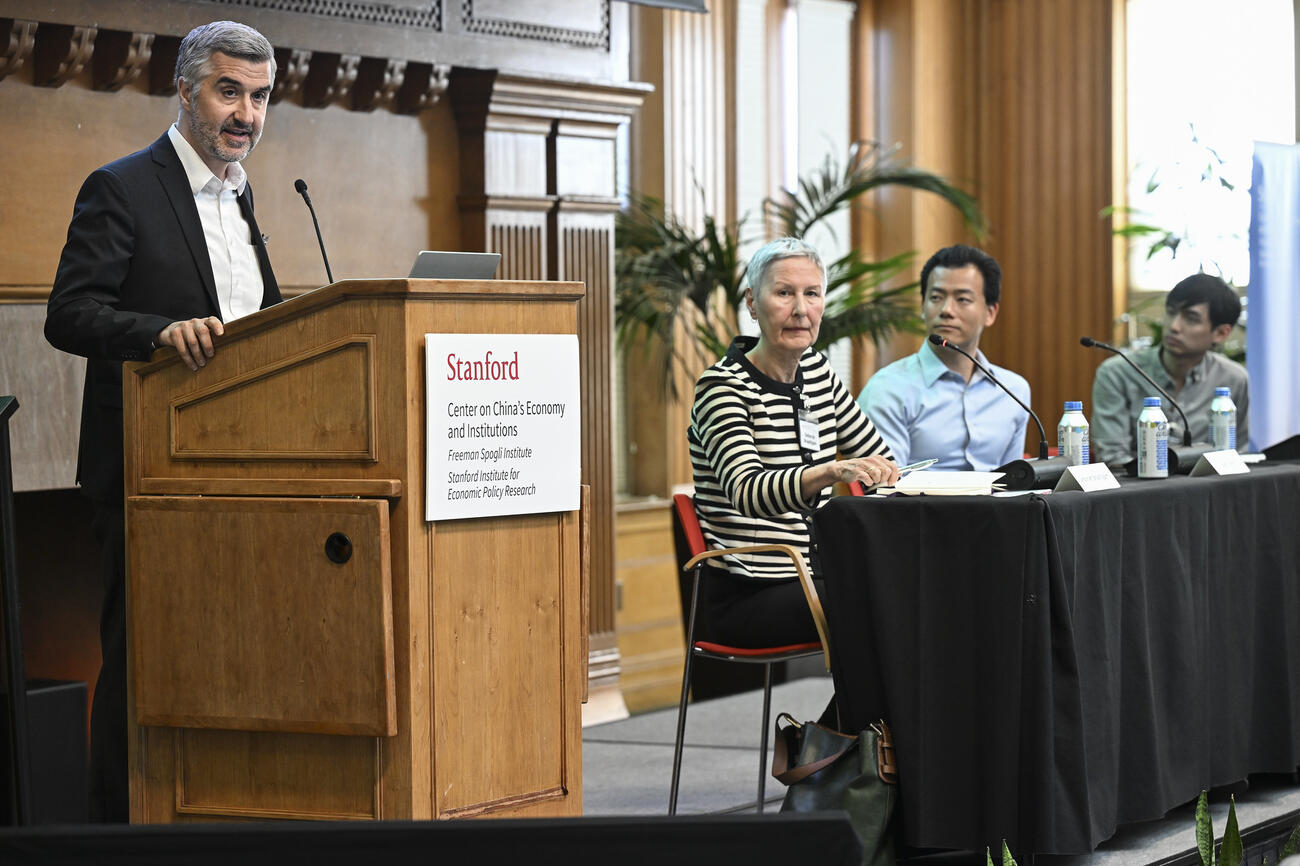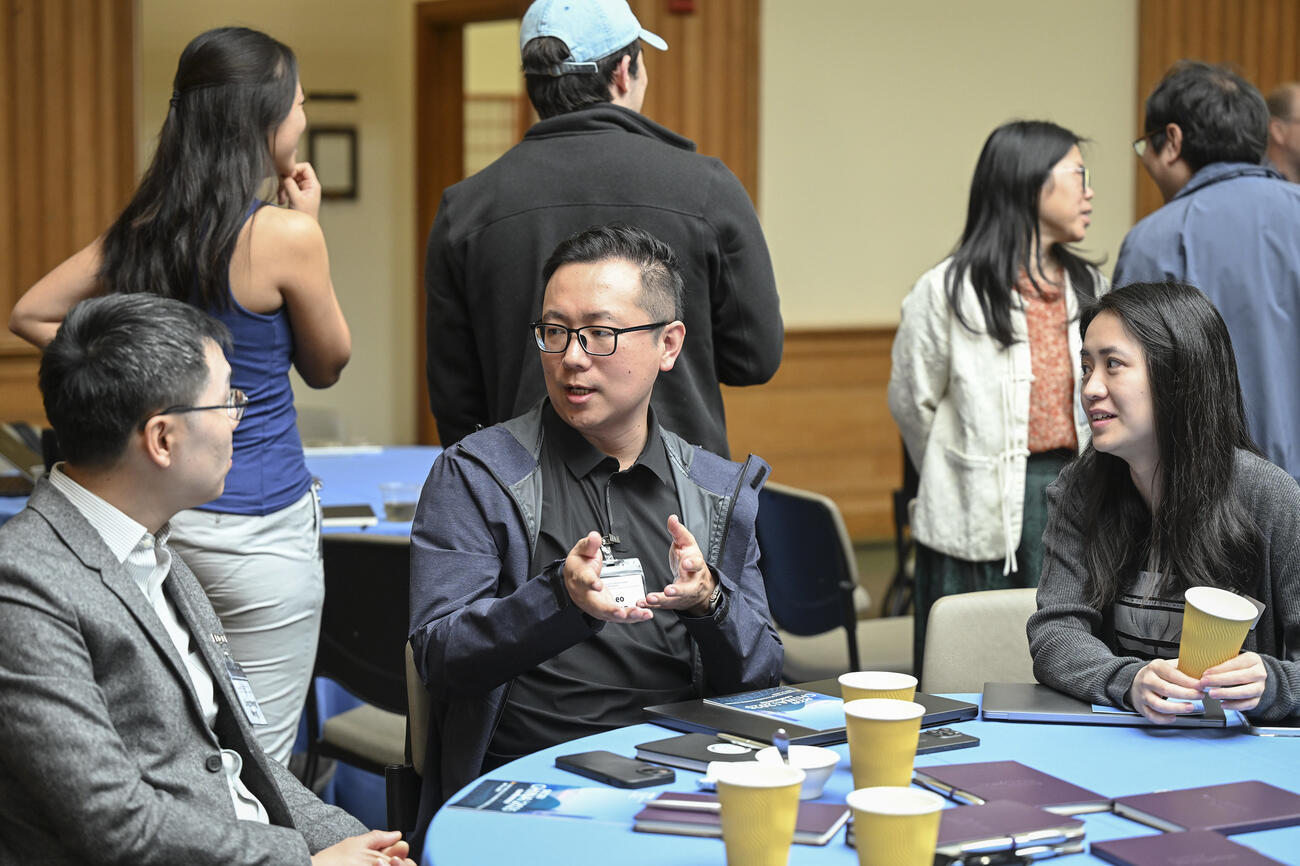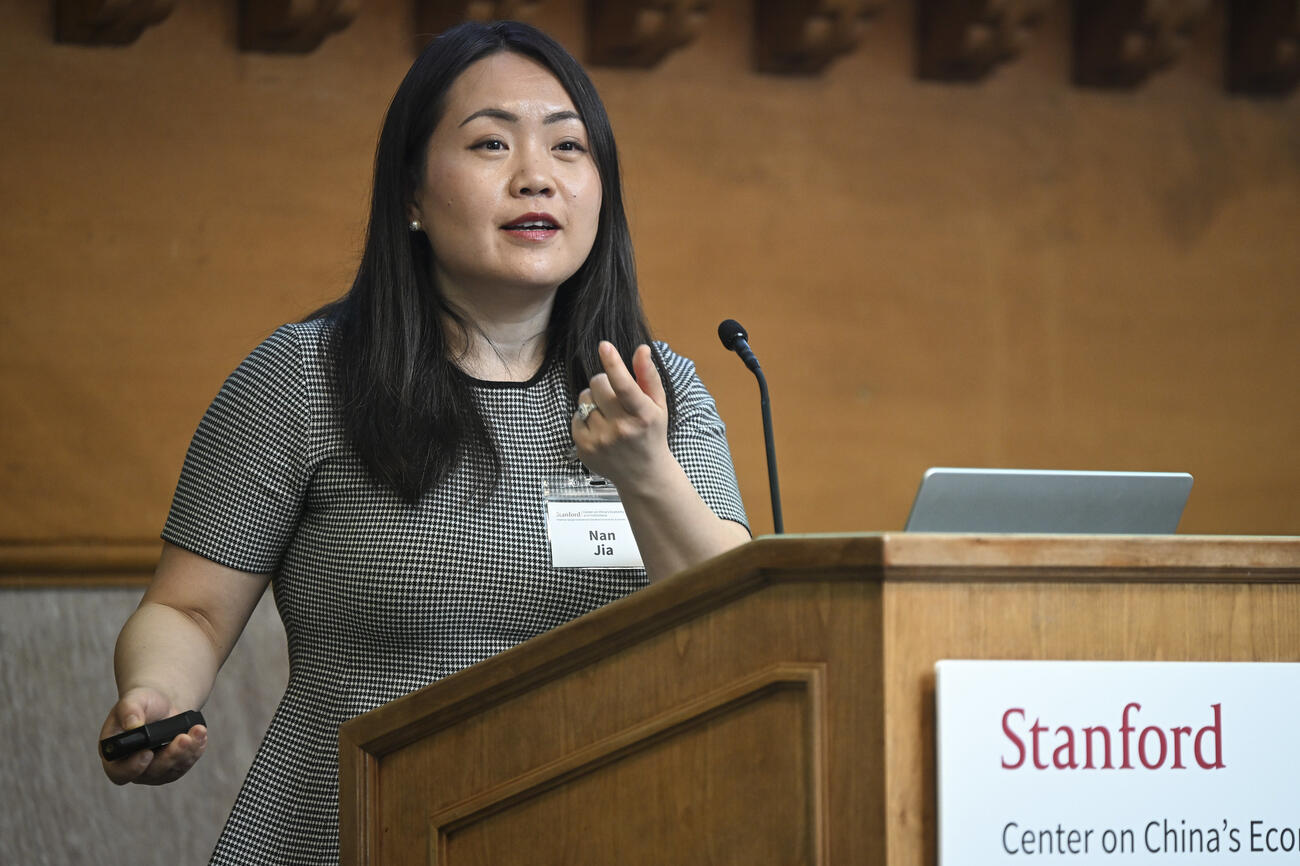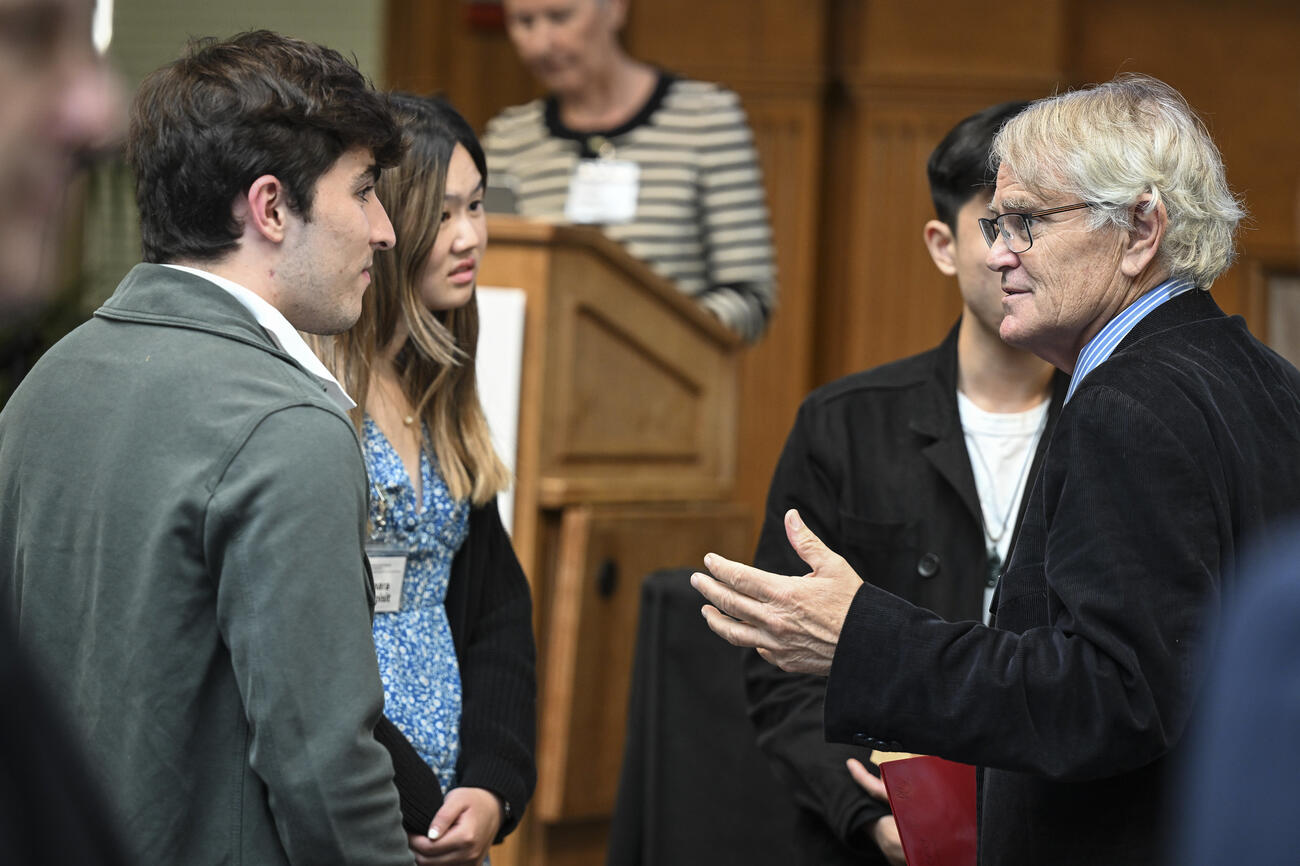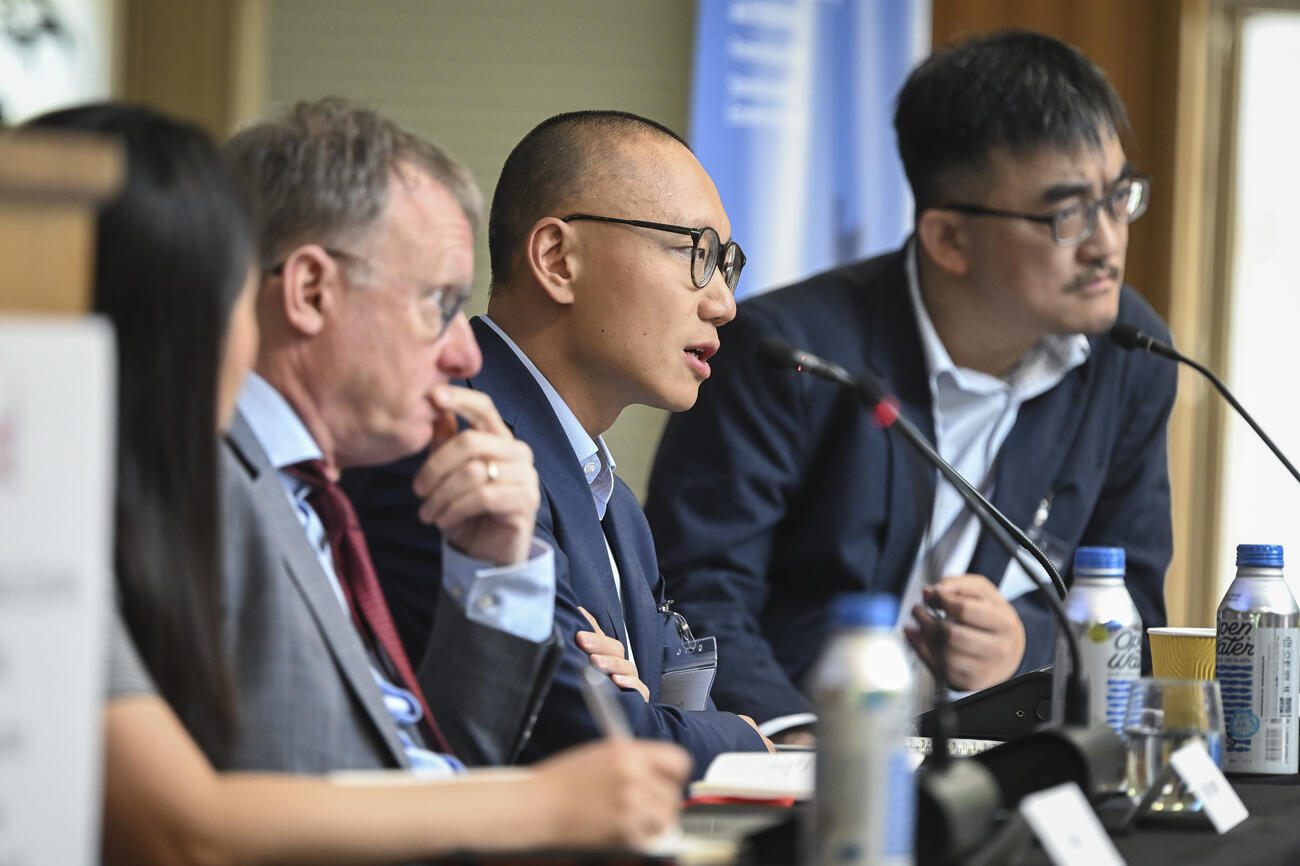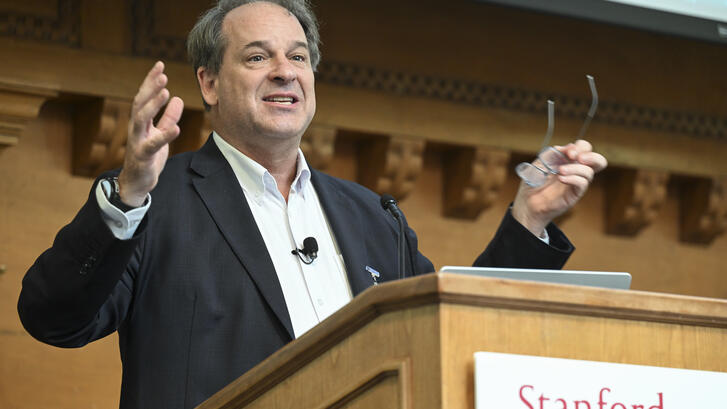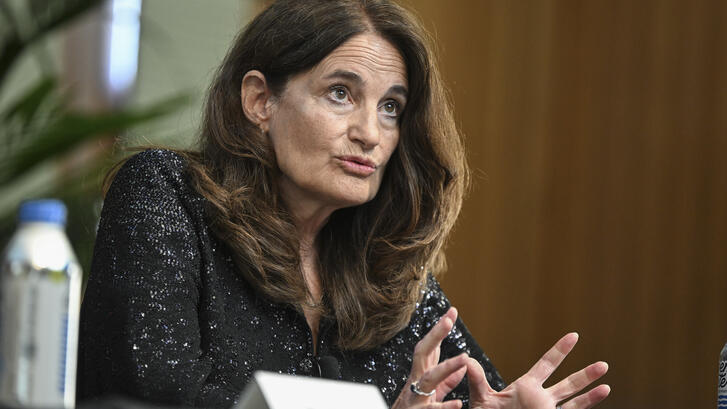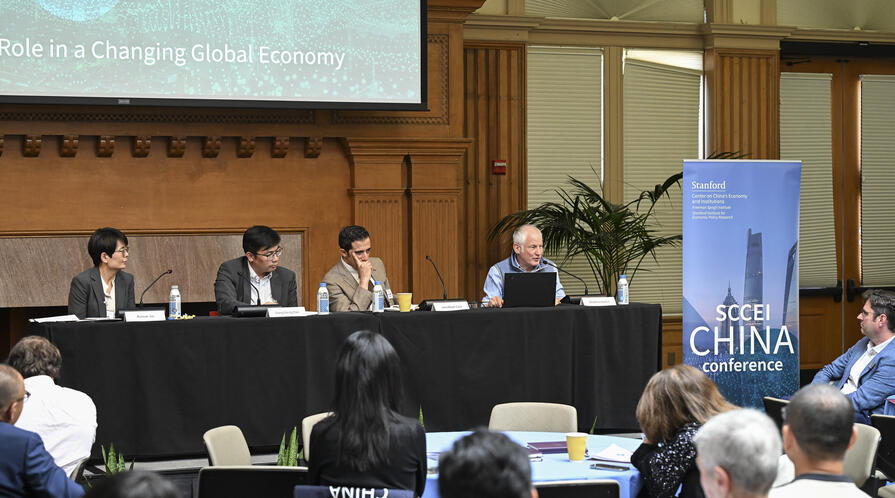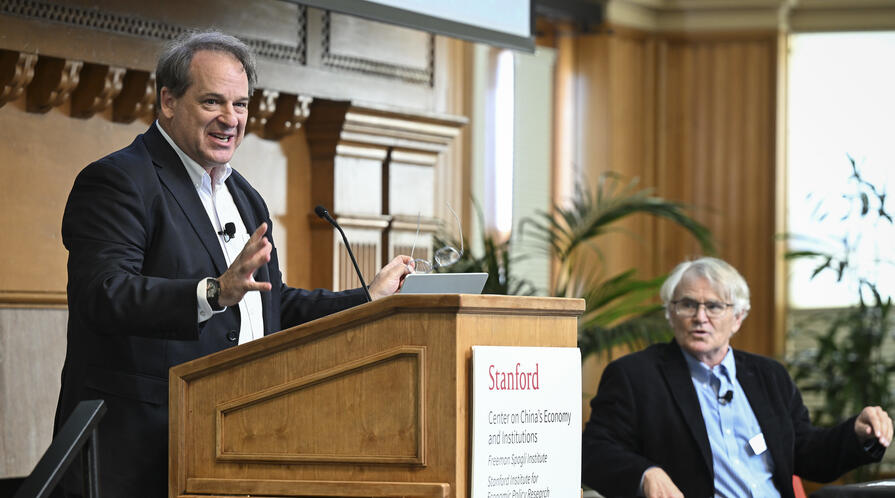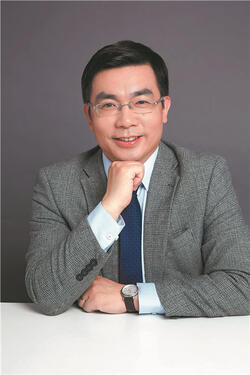Chunling Lu | Global, Regional, and Country Level Prevalence of Young Children Exposed to Risks of Poor Development in Low and Middle Income Countries
Stanford Center on Early Childhood (SCEC) and The Rural Education Action Program (REAP) are pleased to host Harvard University Professor Chunling Lu for a special seminar event.
Please register for the event to receive email reminders and add it to your calendar. Lunch will be provided.
Global, Regional, and Country Level Prevalence of Young Children Exposed to Risks of Poor Development in Low and Middle Income Countries: An Update
Quantifying the prevalence of young children exposed to risks of poor development is imperative for understanding the challenges of reducing those risks, developing and evaluating evidence-based early childhood development policy interventions, and assessing progress in eliminating the risks imposed upon young children during their most critical developmental period. We published estimates on the prevalence of young children exposed to stunting and extreme poverty at the global, regional, and country levels in 2017. Since new data have been released and a new definition of extreme poverty has been proposed, we updated our 2017 study with a focus on the progress in reducing the prevalence of risk exposure at different levels since 2000. For countries with other risk factors available in their micro-level data, we added them to the composite measure and assessed the levels and trends of sociodemographic disparities in young children’s risk exposure.
About the Speaker
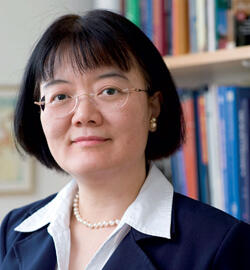
Chunling Lu studied international relations (BA) and political science (MA) at Fudan University in Shanghai, China, and sociology (MA) and applied statistics (MS) at Syracuse University, where she also received her PhD in economics. She received postdoctoral training on health care policy analysis at the Harvard Medical School’s Department of Health Care Policy, and joined the School’s Department of Global Health and Social Medicine in 2008 after three years as Senior Research Associate at the Harvard Institute for Global Health.
EVENT PARTNERS
Goldman Room E409, Encina Hall

